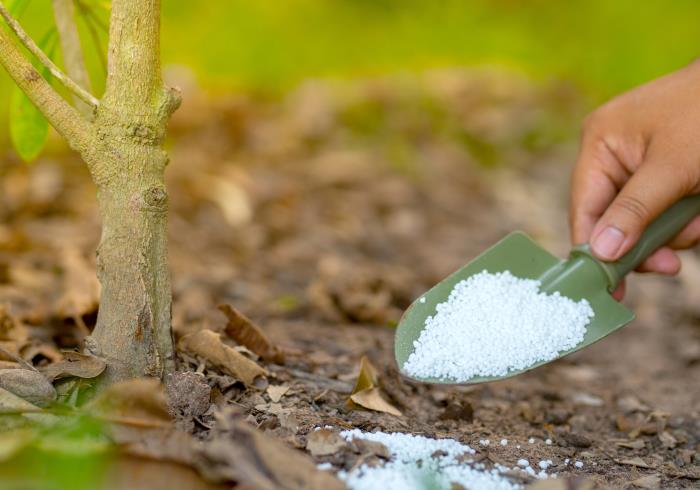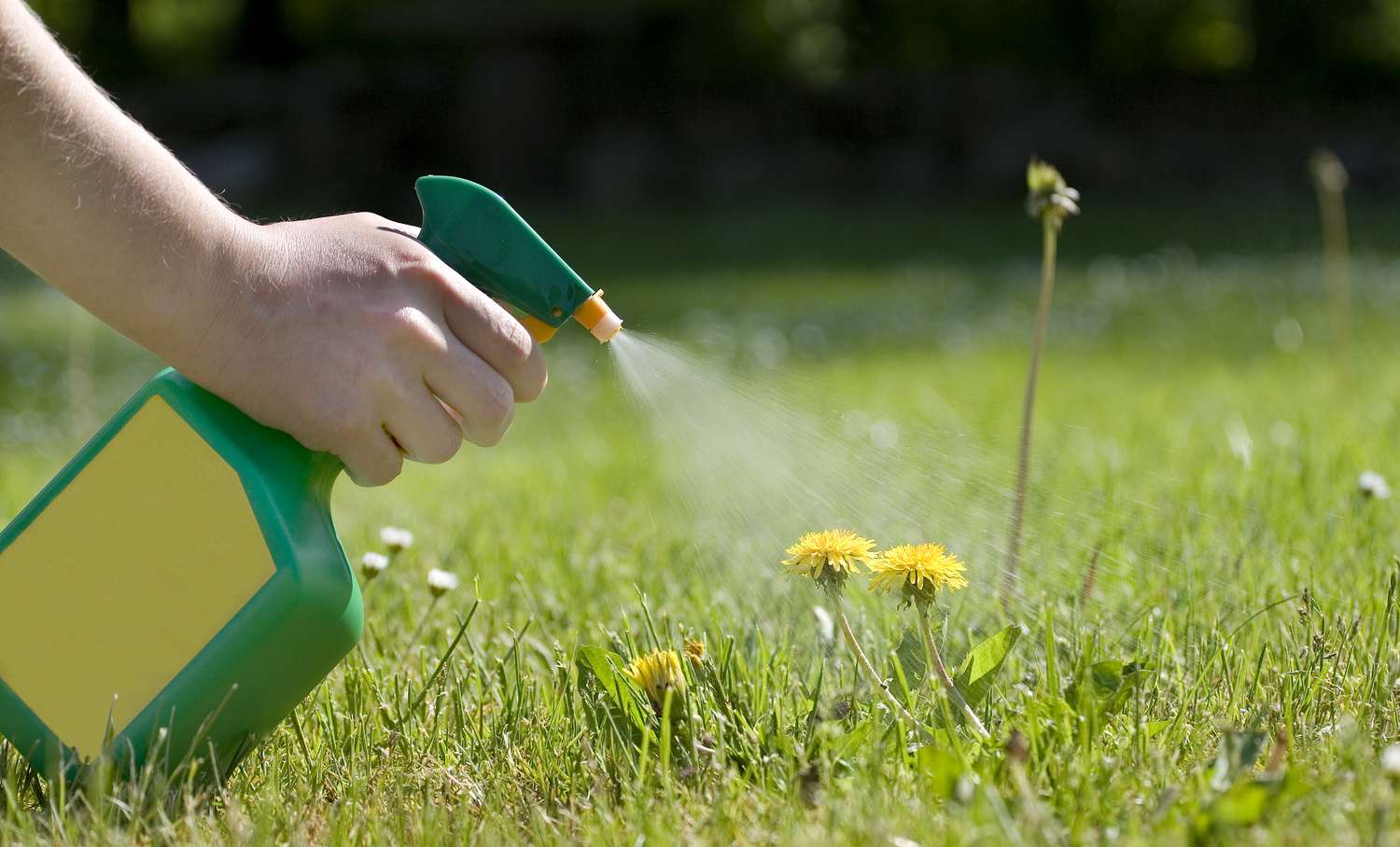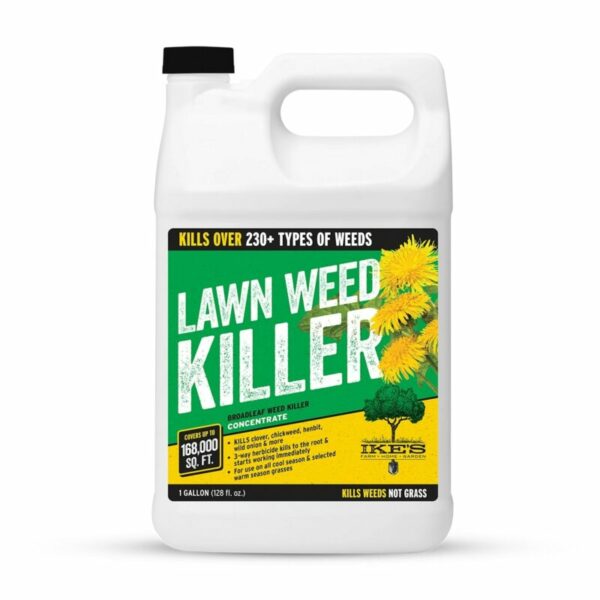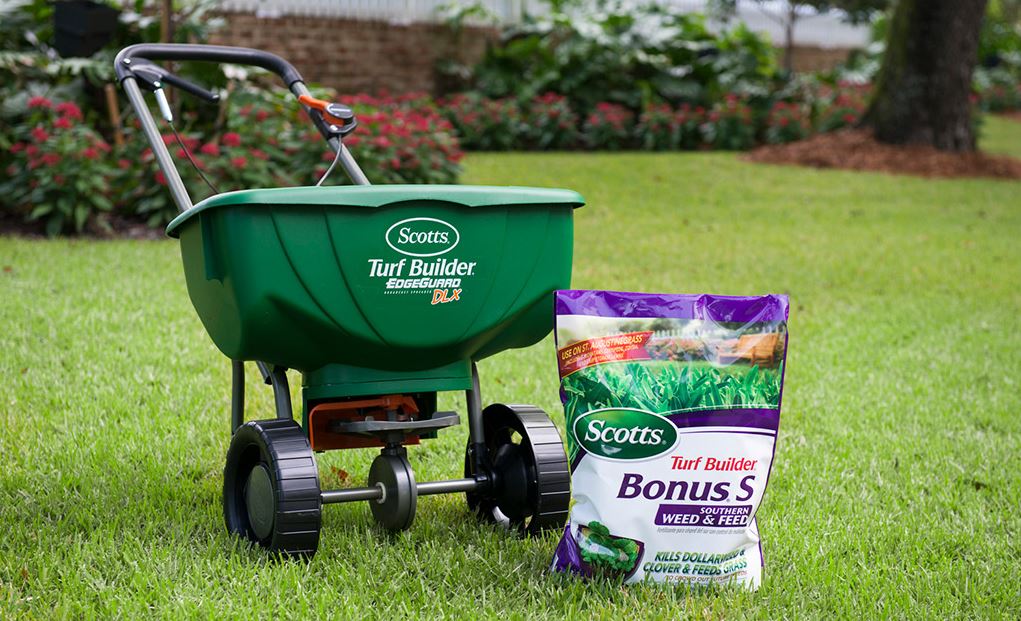Urea fertilizer is a popular fertilizer in South Africa, as it is globally. It is commonly used in agriculture to increase crop yields and improve plant growth. Urea is a source of nitrogen, which is an essential nutrient for plant growth, and it is the most widely used nitrogen fertilizer worldwide. In this article, we will discuss the use of urea fertilizer in South Africa, its benefits, challenges, and future prospects.
Overview of Urea Fertilizer
Urea is a white, crystalline substance that contains 46% nitrogen by weight. It is a synthetic fertilizer, which means it is manufactured in a laboratory rather than being extracted from natural sources like manure or compost. Urea is an efficient and cost-effective source of nitrogen, making it a popular choice for farmers around the world.
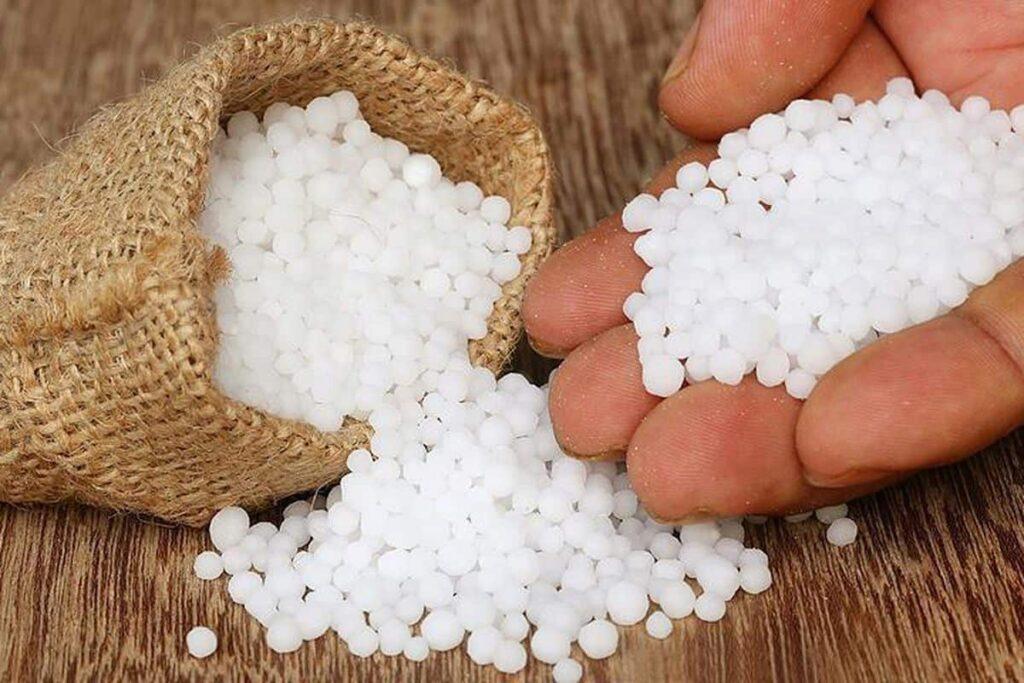
In South Africa, urea is the most commonly used nitrogen fertilizer. According to the South African Fertilizer Company (SAFCO), urea accounts for approximately 50% of the total nitrogen fertilizer use in the country. The remaining nitrogen fertilizers used in South Africa include ammonium nitrate, ammonium sulphate, and calcium ammonium nitrate.
What is Urea Fertilizer Used for?
Urea fertilizer is primarily used as a source of nitrogen for plants. Nitrogen is an essential nutrient for plant growth, and it is required in large quantities by crops to produce healthy foliage, stems, and roots. Urea fertilizer provides a concentrated source of nitrogen that can be easily applied to fields and absorbed by plants.
In addition to providing nitrogen, urea fertilizer has several other benefits for plant growth and crop production. These benefits include:
- Faster growth: Plants that receive sufficient nitrogen from urea fertilizer will grow faster and produce more foliage, which can lead to increased yields and improved crop quality.
- Improved leaf color: Nitrogen is an essential component of chlorophyll, which is the pigment that gives plants their green color. Urea fertilizer can help improve leaf color and promote healthy photosynthesis, which can improve plant growth and crop yields.
- Increased protein content: Nitrogen is a key component of proteins, which are important for plant growth and development. Urea fertilizer can help increase the protein content of crops, which can be important for animal feed and human nutrition.
- Higher yields: By providing plants with the necessary nutrients for growth and development, urea fertilizer can help increase crop yields and improve overall crop productivity.
It can be applied using various methods, including broadcasting, side-dressing, and fertigation (the application of fertilizer through irrigation systems). Overall, urea fertilizer is an important tool for improving crop yields and ensuring food security.
Which plants can I use Urea Fertilizer on?
Urea fertilizer can be used on a wide variety of plants, including both crops and ornamental plants. Here are some examples of plants that can benefit from the application of urea fertilizer:
- Cereals: Urea fertilizer is commonly used on cereal crops such as wheat, barley, and maize to increase yields and improve grain quality.
- Oilseeds: Urea fertilizer can be applied to oilseed crops such as soybean, sunflower, and canola to improve plant growth and increase oil content.
- Vegetables: Many vegetable crops, including tomatoes, cucumbers, and peppers, can benefit from the application of urea fertilizer to promote healthy growth and increase yields.
- Fruits: Urea fertilizer is often used on fruit trees such as apple, peach, and citrus to improve tree growth, increase fruit size, and improve fruit quality.
- Legumes: Legume crops such as beans, peas, and lentils can benefit from urea fertilizer to improve plant growth and increase yields.
- Ornamental plants: Urea fertilizer can be used on ornamental plants such as roses, lilies, and petunias to promote healthy growth and improve flower production.
It is important to note that the application rate and timing of urea fertilizer will depend on the specific plant and growing conditions. It is recommended to follow the manufacturer’s instructions and local agricultural advice to ensure the appropriate use of urea fertilizer for optimal plant growth and environmental sustainability.
Benefits of Urea Fertilizer
The primary benefit of urea fertilizer is its high nitrogen content. Nitrogen is a crucial element for plant growth and is a key component of proteins, chlorophyll, and other essential plant compounds. When plants have sufficient nitrogen, they grow faster, produce more foliage, and have larger, healthier leaves.
Urea fertilizer is also easy to handle and transport. It is a dry, granular substance that can be easily applied to fields using standard equipment like spreaders. Urea is also soluble in water, which means it can be easily dissolved and applied through irrigation systems.
Urea fertilizer is also cost-effective compared to other nitrogen fertilizers. Because it is a synthetic fertilizer, it is cheaper to produce than natural nitrogen fertilizers like manure or compost. This cost-effectiveness makes it an attractive option for farmers in South Africa, where the cost of fertilizers can be a significant expense.
Challenges of Urea Fertilizer
Despite its many benefits, there are also some challenges associated with the use of urea fertilizer in South Africa. One of the primary challenges is the loss of nitrogen through volatilization. When urea is applied to the soil, it undergoes a process called hydrolysis, where it is converted into ammonium ions. If the soil is alkaline or the weather is hot and dry, the ammonium ions can be converted into ammonia gas, which is lost to the atmosphere. This can result in significant nitrogen losses, which can reduce the effectiveness of the fertilizer and increase costs for farmers.
Another challenge associated with the use of urea fertilizer is the potential for leaching. When urea is applied to the soil, it can be rapidly converted into nitrate ions, which are highly soluble and can be easily washed out of the soil by rain or irrigation. This can result in nitrate pollution of water sources, which can be harmful to human health and the environment. To minimize the risk of nitrate pollution, it is important for farmers to use appropriate application rates and timing and to manage their irrigation practices carefully.
Where can I buy Urea Fertilizer in South Africa?
Urea fertilizer is widely available for purchase in South Africa from a variety of agricultural suppliers and retailers. Here are some options for where to buy urea fertilizer in South Africa:
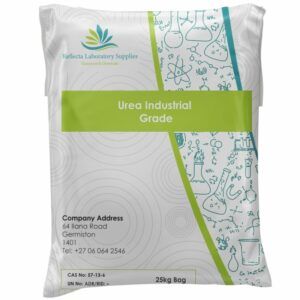
- Agricultural supply stores: Many agricultural supply stores carry urea fertilizer, including chains such as Agrimark, Senwes, and Kaap Agri. These stores often carry a range of different fertilizer formulations and can offer advice on which fertilizer is best suited for specific crops and growing conditions.
- Online retailers: There are several online retailers in South Africa that sell urea fertilizer, including Takealot and Agricon. These retailers often offer a wider range of fertilizer options and can provide delivery to your door.
- Fertilizer manufacturers: Some fertilizer manufacturers in South Africa, such as Omnia and Yara, sell urea fertilizer directly to farmers and agricultural retailers. Contacting a fertilizer manufacturer directly can be a good way to ensure the quality of the fertilizer and obtain information on the appropriate use and application rates.
- Local co-operatives: Many agricultural co-operatives, such as Grain SA and the National Agricultural Marketing Council, offer fertilizer sales to their members. These co-operatives often negotiate bulk prices with fertilizer suppliers, which can result in cost savings for farmers.
It is important to ensure that the urea fertilizer you purchase is of high quality and appropriate for your specific crop and growing conditions. Be sure to check the nitrogen content and other nutrient levels on the fertilizer label, and follow the manufacturer’s instructions for application rates and timing.
Future Prospects of Urea Fertilizer in South Africa
Despite the challenges associated with the use of urea fertilizer, its future prospects in South Africa remain positive. As the population continues to grow and the demand for food increases, there will be a greater need for fertilizer to increase crop yields and improve food security. Urea fertilizer is an important tool for achieving these goals, and its cost-effectiveness and efficiency make it an attractive option for farmers.
To address the challenges associated with urea fertilizer use in South Africa, there are several initiatives underway. One such initiative is the Fertilizer Optimization Project, which is a joint effort between the South African government and the International Fertilizer Development Center (IFDC).
The goal of the project is to promote the efficient and sustainable use of fertilizers in South Africa, including urea fertilizer. The project focuses on promoting best management practices for fertilizer use, such as appropriate application rates and timing, and the use of precision agriculture techniques to reduce fertilizer waste and improve crop yields.
Another initiative is the use of urease inhibitors, which are chemical additives that can be applied to urea fertilizer to slow down the hydrolysis process and reduce nitrogen loss through volatilization. Urease inhibitors have been shown to be effective in reducing nitrogen losses in a range of soil and weather conditions, making them a promising tool for improving the efficiency of urea fertilizer use in South Africa.
Finally, there is growing interest in the use of organic and sustainable fertilizers, such as compost and manure, as an alternative to synthetic fertilizers like urea. While these fertilizers can be more expensive and less convenient to use than urea, they offer several benefits, such as improving soil health and reducing the risk of environmental pollution.
Conclusion
Urea fertilizer is a widely used and important tool for improving crop yields and food security in South Africa. Its high nitrogen content, cost-effectiveness, and ease of use make it an attractive option for farmers.
However, there are also challenges associated with its use, such as the loss of nitrogen through volatilization and the potential for nitrate pollution of water sources. To address these challenges, there are several initiatives underway to promote the efficient and sustainable use of urea fertilizer in South Africa, including the use of urease inhibitors and the promotion of best management practices.
As the demand for food continues to grow, urea fertilizer will remain an important tool for increasing crop yields and improving food security in South Africa.

